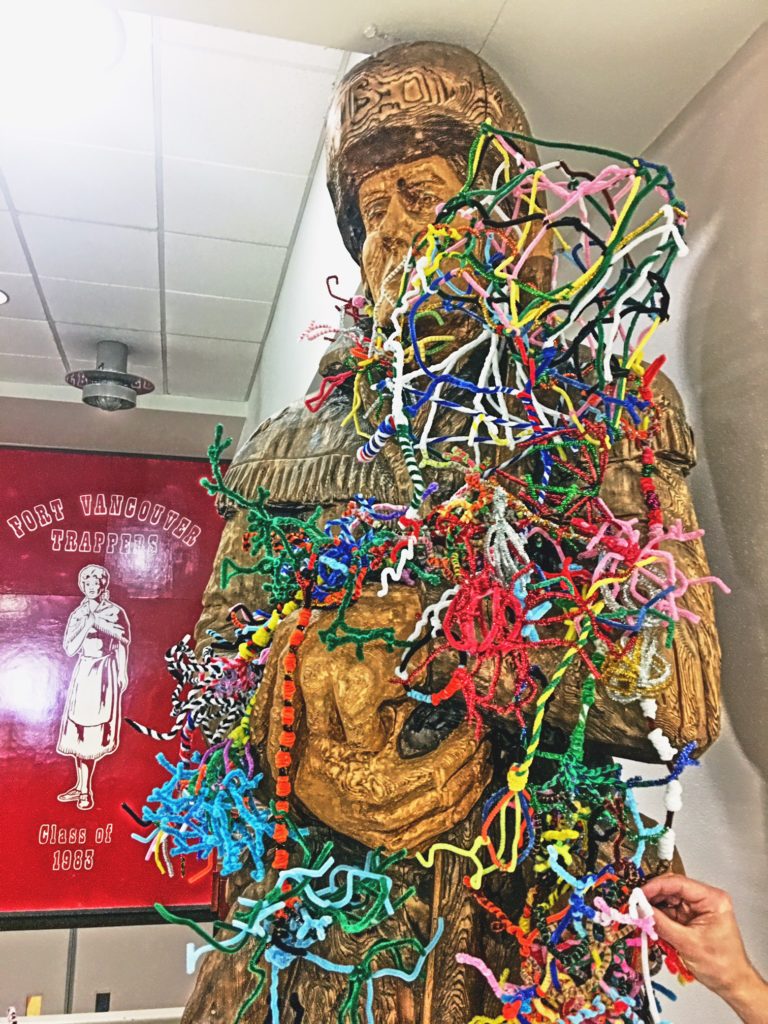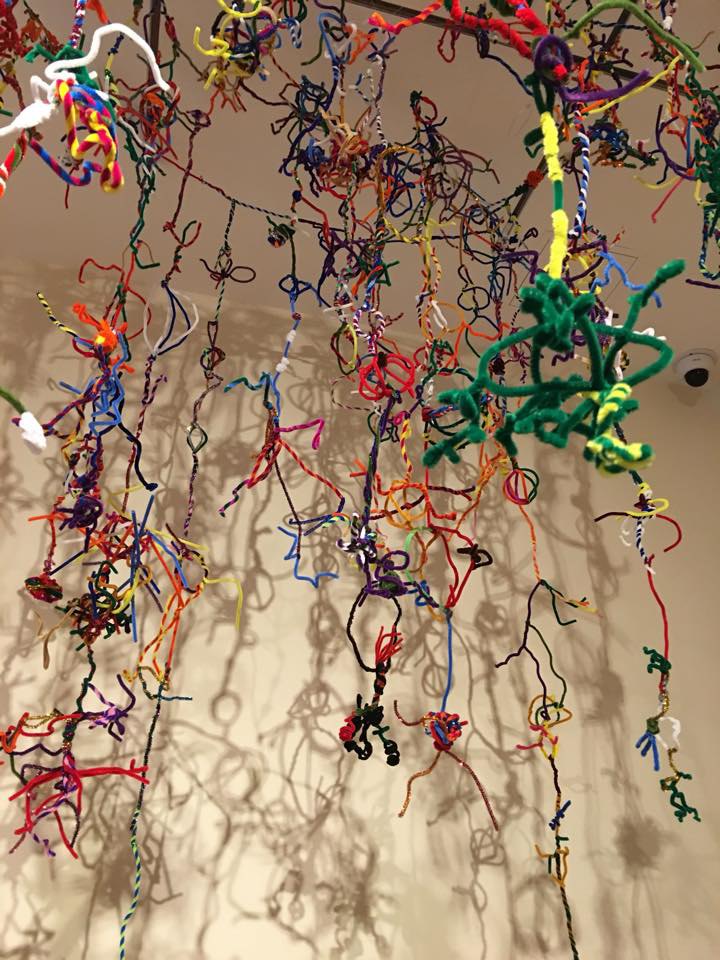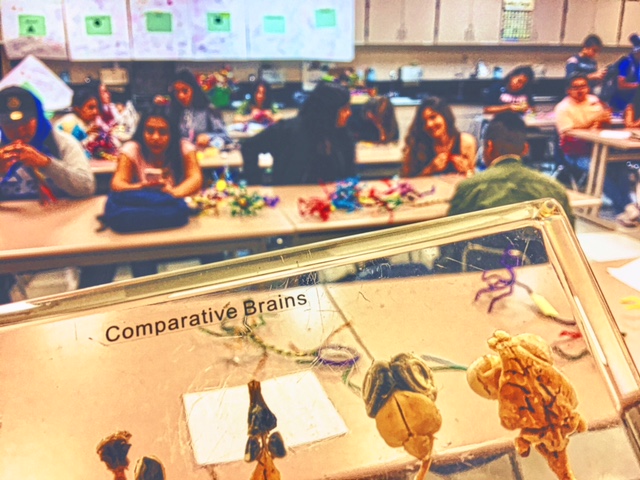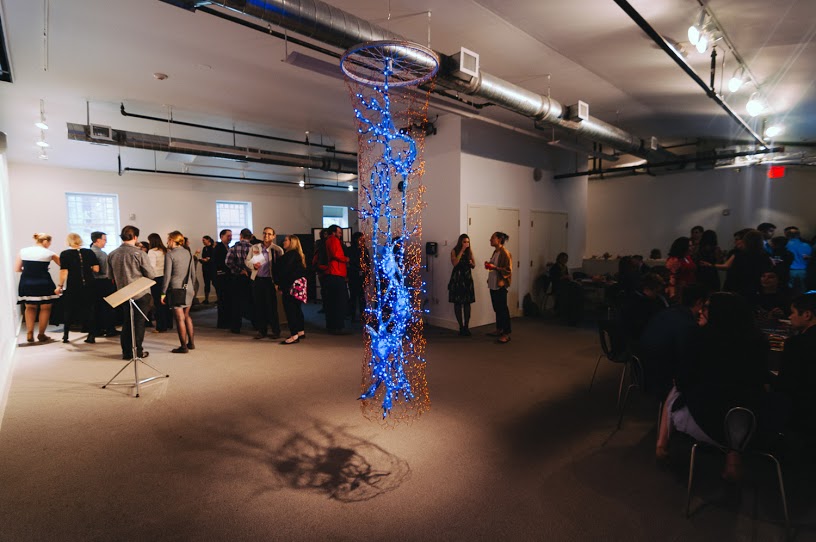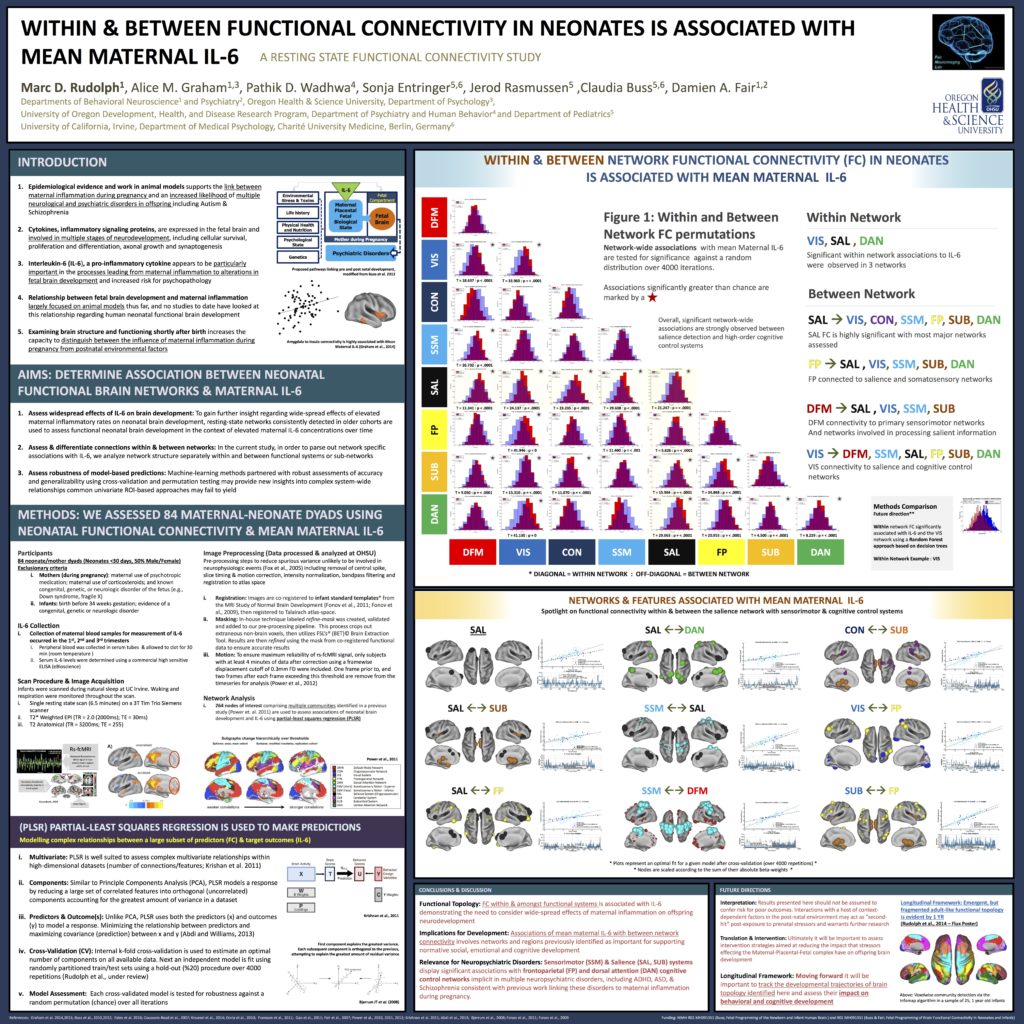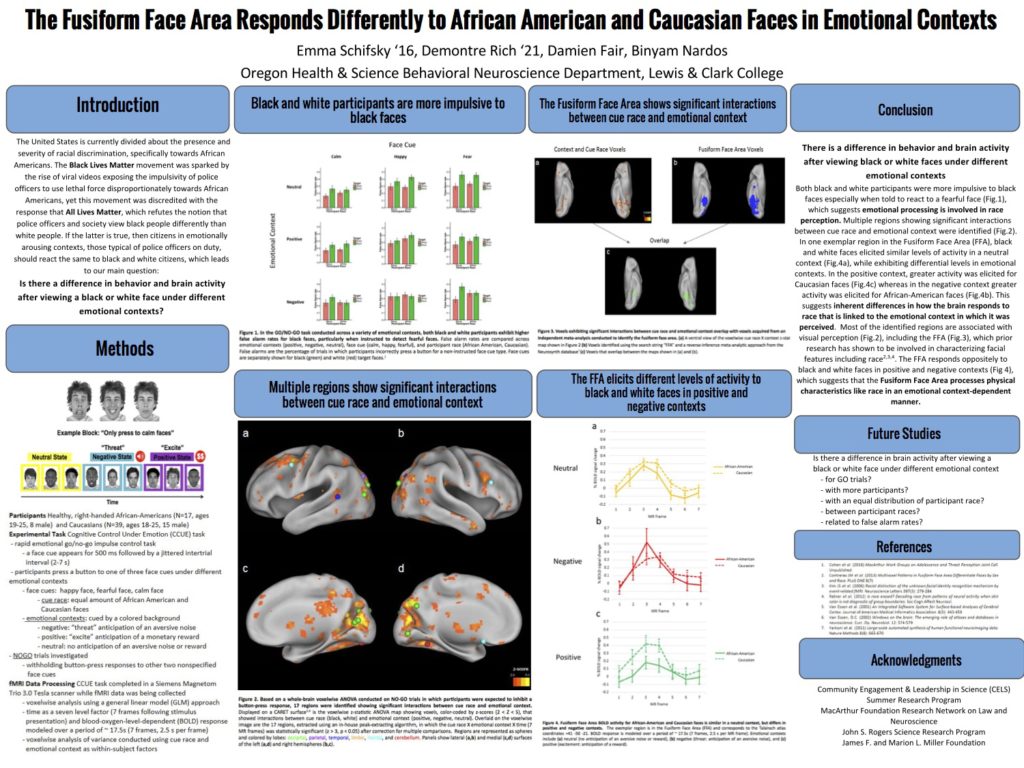NW Noggin presents cutting edge research and art concerning the neuroscience of behavioral change at the Portland Art Museum, as part of the Change Connect 4 conference for the Association of Change Management Professionals…
High school students from Fort Vancouver High School crafted neurons from pipe cleaners to hang as a malleable network during our talk…
LEARN MORE: Ventricles in Vancouver!
WATCH: Crafting Neurons at Fort Vancouver High School
MAKE YOUR OWN NEURONS
LEARN MORE: pipe-cleaner-neuron-project-background
CREATE: how-to-make-a-pipe-cleaner-neuron
Their colorful brain cells will accompany a sculptural and video installation by artist Kindra Crick, with music by Katie Griesar, reflecting current research by Dr. John Harkness from the Sorg lab at WSU Vancouver on restoring plasticity to synapses in our brains…
Attendees will also have the opportunity to learn about implicit bias research from Jaboa Lake and Maria Villarreal of the GRASP lab at Portland State University, and about adolescent brain development – a time of momentous brain and behavioral change – from Binyam Nardos and Marc Rudolph of the Fair lab and Justin Caouette of the TRAC lab at OHSU…
More details from the PSU GRASP lab, and posters from the OHSU Fair lab presenters are attached below…
WHAT: NW Noggin on “The Art & Neuroscience of Change”
WHEN: Tuesday, October 11th, 2:00 – 4:00pm
WHERE: Portland Art Museum, ACMP Change Connect 4 conference,
1219 SW Park Avenue, Portland OR 97205
NW NOGGIN: PRESENTATION SLIDES
NW Noggin Change Conference Presentation SLIDES (.ppt)
NW Noggin Change Conference Presentation SLIDES (.pdf)*
*better formatted for mobile device
EXPLORE: WITHIN & BETWEEN FUNCTIONAL CONNECTIVITY IN NEONATES IS ASSOCIATED WITH MEAN MATERNAL IL-6
EXPLORE: The Gender, Race, and Sexual Prejudice (GRASP) Lab, lead by Dr. Kimberly Barsamian Kahn at Portland State University, conducts research to explore a number of current and pressing social issues. Using a social psychological perspective, GRASP Lab examines contemporary forms and expressions of prejudice, stereotyping, and discrimination. The research lab focuses on implicit and explicit bias directed towards racial minorities, females, sexual minorities, persons with mental illness, and other stigmatized group members. GRASP lab values intersectionality and understanding hidden forms of bias, both between and within groups, and carries out their research with this framework.
Some of GRASP Lab’s research include:
- Intragroup diversity cues and organizational evaluations
- How race and gender impact benevolent sexism
- How race affects pedestrians’ experiences at crosswalks
- Reducing stereotype threat against women and ethnic minorities in STEM
- Online discrimination and prejudice
- Police and community member responses to shootings of unarmed racial minorities
- Intraminority coalitions to combat racial bias in policing
Various research studies conducted by the GRASP lab has been featured on news and media outlets, including Vanity Fair, NPR Los Angeles, The New York Times, The Washington Post, and The Huffington Post.
A comprehensive list of GRASP Lab’s publications can be found on their webpage.




